01/8Deaths due to cardiovascular diseases account for 32% of the total deaths worldwide

Heart diseases claim close to 18 million lives every year, the World Health Organisation (WHO) says. Of these alarming numbers of deaths due to heart diseases, 85% are due to heart attack and stroke. Close to 40% of premature deaths, which means the deaths that occur in people under the age of 70, are due to heart-related problems.
02/8Heart attack signs are tricky


Signs associated with heart diseases are tricky and mimic other complications which delays the diagnosis and treatment. In view of the severity of the condition, it is important to know the signs of the disease so that one can identify its onset easily and get medical help. Read the article to find out more about the early symptoms of heart attack (some of these are seen months ahead of the cardiac event).
03/8Indigestion like chest pain


In many cardiac cases, people misunderstand the chest pain to be due to indigestion. The chest pain that happens due to heart attacks is difficult to recognize as there is less awareness of it. People start remedies for indigestion and in the process delay the actual medical treatment. Chest pain due to a heart attack feels like a stabbing pain in the chest.
04/8Pain in the left shoulder


Almost everyone experiences pain in the shoulder and a sudden discomfort due to a heart attack is easy to miss. The sedentary lifestyle has affected the mobility of individuals. Frequent pain in the shoulders due to long sitting hours makes it difficult for people to distinguish it from what is induced by a heart attack.
05/8Pain in the center of the abdomen


This is called the epigastric region and it is a common location of heart attack pain. This usually feels like a burning pain in the center of the stomach and once again many people confuse it to be gastric or acidity.
06/8Fainting or unconscious


We often associated dizziness or fainting with extreme body weakness. But very few know that fainting or being unconscious is one of the silent signs of a heart attack. This is often accompanied by nausea and vomiting.
07/8Cold sweat


Sweating during the night is very commonly seen in patients who have a heart attack. This is in fact a very common sign among women. During a heart attack, the body puts extra effort to pump blood which results in sweating.
08/8The takeaway


While it is difficult to know whether it is a heart attack or something else just by estimating the nature of the pain, one should definitely not ignore these symptoms and always consider it a medical emergency. Call someone for help or else call an ambulance. Do not drive yourself to the hospital as this might amplify your risky condition.
Vitamin B12 deficiency: Uncommon symptoms that indicate low levels of vitamin B12



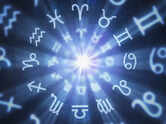

























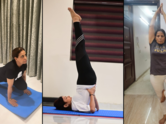

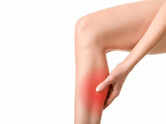




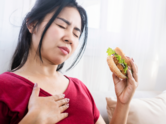





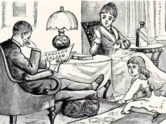

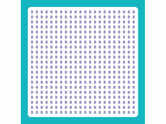

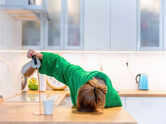
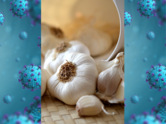

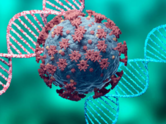
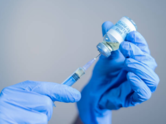


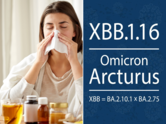


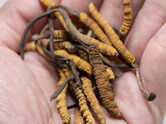









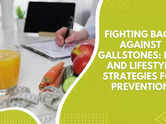
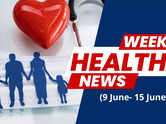
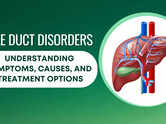
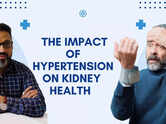






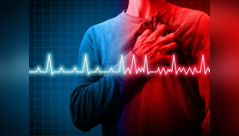



























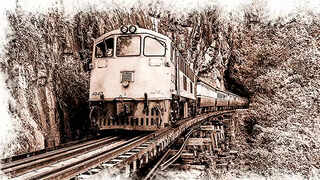



closecomments
SIGN IN WITH
FacebookGoogleEmail